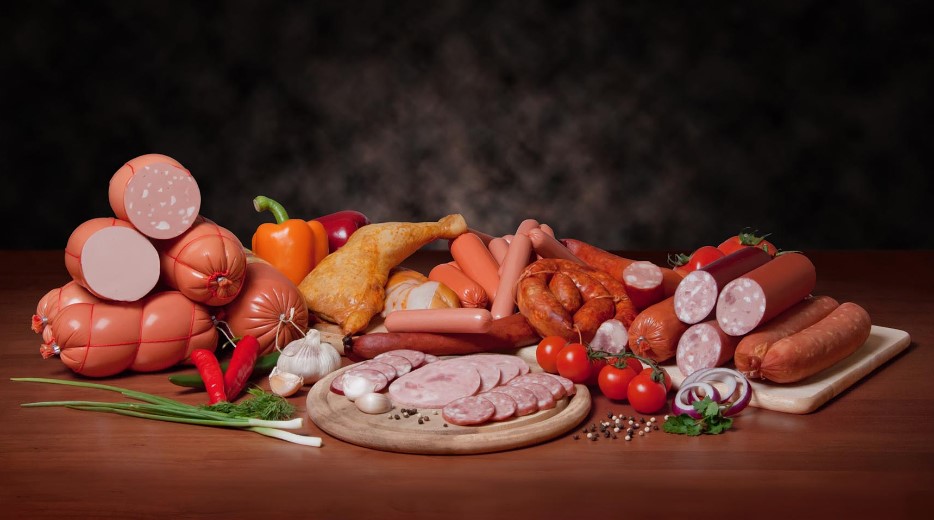While being pregnant is a time filled with excitement and joy, it also carries a greater responsibility for the health and well-being of the mother and the unborn child. Your dietary choices while pregnant could have a big impact on the health and development of your unborn child. While eating a balanced diet is important, there are some items that should be avoided in order to have a good pregnancy. Let’s look at certain meals that a gynecologist in Lahore advises pregnant women to avoid in order to safeguard the health of their unborn child.
1- Raw or Undercooked Seafood
Protein and vital elements like omega-3 fatty acids are both abundant in seafood. When consumed raw or undercooked, several kinds of fish might cause injury. Salmonella and Listeria are two hazardous bacteria and parasites that may be present in raw fish, sushi, sashimi, and oysters and cause foodborne diseases. In addition, some species, including sharks, swordfish, king mackerel, and tilefish, may have high concentrations of mercury, which could be harmful to the developing brain system of the fetus. Women who are pregnant should choose thoroughly cooked seafood and low-mercury choices like salmon and prawns.
2- Unpasteurized Dairy Products
Due to the probable presence of dangerous germs like Listeria and E. coli during pregnancy, unpasteurized milk, cheese, and other dairy products can be risky. To eradicate these dangerous germs, dairy products must be heated during pasteurization. Always choose pasteurized dairy products to safeguard your safety and the safety of your infant. These foodstuffs offer vital nutrients like protein and calcium while lowering the chance of contracting foodborne illnesses.
3- High-Mercury Fish
Some fish, as was previously mentioned, have high levels of mercury, which might impair your baby’s growing nervous system. Sharks, swordfish, king mackerel, and tilefish are examples of high-mercury fish. It’s crucial to limit your intake of these fish during pregnancy because mercury can build up in the body over time. Instead, pick fish that contain less mercury, such as salmon, trout, and sardines, which offer healthy omega-3 fatty acids without hazards.
4- Caffeine
Caffeine is frequently used by expecting mothers to help them fight exhaustion and morning sickness. However, consuming too much caffeine while pregnant can have negative effects. Preterm birth, low birth weight, and miscarriage have all been associated with a high caffeine intake. Although it’s generally safe to consume moderate amounts of caffeine, it’s important to pay attention to all of your caffeine sources, including coffee, tea, soft drinks, and energy drinks. To decide the right amount of caffeine to consume in your particular situation, speak with your healthcare professional.
5- High-Sugar Foods and Beverages
Overindulging in high-sugar meals and sweetened beverages while pregnant increases the risk of gestational diabetes, excessive weight gain, and having a baby that is larger than typical (macrosomia). Blood sugar spikes brought on by high-sugar foods and beverages can be dangerous for both you and your unborn child. To assist in controlling your blood sugar levels, choose healthier choices like fresh fruits, whole grains, and low-sugar snacks instead of sugary snacks and drinks.
6- Raw or Undercooked Eggs
Salmonella contamination can occur when eggs are served raw or undercooked. It’s important to refrain from indulging in dishes like homemade Caesar salad dressing or cookie dough when pregnant, despite the temptation. Always eat fully cooked eggs and stay away from dishes that contain raw or undercooked eggs to lower your chance of contracting a foodborne disease. If you’re making a recipe that calls for raw eggs, such as hollandaise sauce or mousse, be sure to check the food labels for pasteurized eggs.
7- Processed Meats
When pregnant, it’s best to avoid processed meats like bacon, hot dogs, and deli meats. These foods may include nitrates and nitrites as preservatives and are frequently high in sodium. Listeria contamination, a bacterium that can harm the fetus, is also a possibility. To lessen the chance of Listeria contamination, if you must have certain meals, think about boiling them to steaming hot. As an alternative, choose leaner protein options, including chicken, lean meats, and plant-based proteins.
You can also consult Dr. Rabbia Ashraf for any pregnancy-related issues. She is one of the best gynecologists in Lahore.
Conclusion
A woman’s food decisions during pregnancy can have a significant impact on the health and development of her unborn child. While eating a balanced diet full of minerals is important, avoiding some foods is just as critical. To ensure a healthy pregnancy, limit or avoid the foods listed in this article: processed meats, high-mercury fish, excessive caffeine, raw or undercooked eggs, raw or undercooked seafood, unpasteurized dairy products, and high-sugar foods and beverages.
You can get individualized advice on consuming a healthy diet while pregnant by speaking with your healthcare provider and a trained dietitian. Making informed decisions and avoiding foods that could be hazardous will help you and your developing child stay healthy and happy during your pregnancy.


